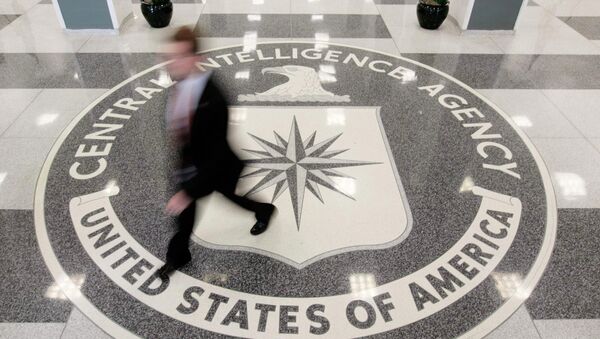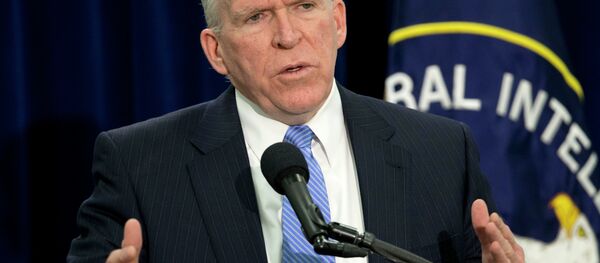The plan is the result of a three-month long investigation by nine officers who reviewed management structure looking for areas of inefficiency. In one of the planned changes, agents in both operational and analysis arms will work more closely and be placed together in operational centers around the world. Previously, analysts worked in data gathering centers and those in operations worked separately from them, each sector working under a different hierarchy.
“I know there are seams right now, but what we’ve tried to do with these mission centers is cover the entire universe, regionally and functionally, and so something that’s going on in the world falls into one of those buckets,” Brennan told reporters.
Additionally, as reported before, the CIA will also increase focus on cybersecurity. The new Directorate of Digital Innovation will focus on computer networks and the way espionage is conducted in the digital age.
However, Brennan said that human spying almost always has a digital component now so they must increase those capabilities.
Brennan also announced that the CIA will be beefing up its training.
There has been widespread criticism that the CIA has missed key insights into several major global developments, particularly in the area of the internet. Brennan also pointed to geographic areas that are still in the dark as far as the US is concerned.
CIA tactics, some critics say, changed radically after 9/11. Whereas the agency was set up for analysis and espionage, 9/11 sent it on a mission of hunting terrorists. There are a number of areas where the CIA has been seen as failing in its analysis since 9/11.
In 2002, the agency wrongly declared that Iraq was in possession of weapons of mass destruction. They proved unable to find Osama bin Laden until ten years after 9/11. The CIA also failed to predict the Arab Spring which led to changes in leadership in several Middle Eastern countries.
Brennan clearly hopes that those types of intelligence gaps will be a thing of the past in the new structure.





